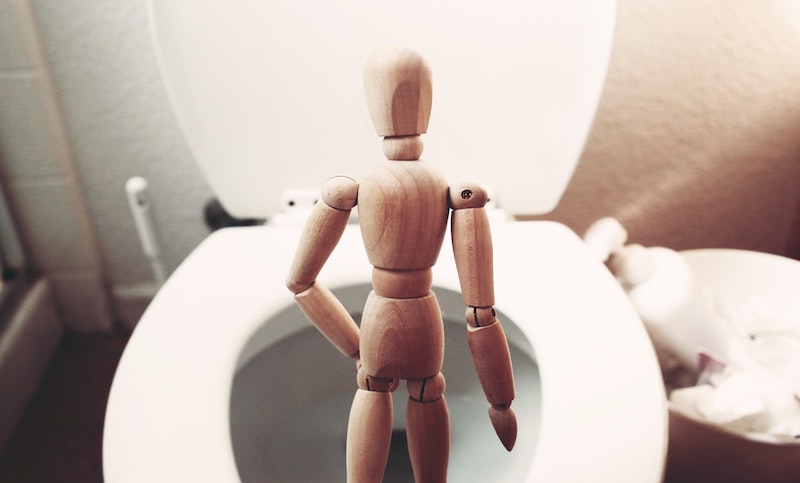
Medicine is a fantastic thing, which can help people achieve so many things with their health. However, despite so many benefits, it is always important to remember that medication can have negative side effects. And for many people on a diverse array of medication, urinary incontinence is a common experience.
So, what medications can cause urinary incontinence, and what can you do about it? Read on to find out.
What is urinary incontinence?
Incontinence is a term that describes any accidental or involuntary loss of urine from the bladder. Incontinence is a widespread condition that ranges in severity from small levels of leakage to complete loss of bladder control. Furthermore, there are a number of types of urinary incontinence, and many people may experience a combination of more than one.
What medications cause urinary incontinence?
Some people may experience urinary incontinence as a result of the medications they are taking. Medicines which can commonly cause urinary incontinence includes the following.
Antipsychotics: A number of antipsychotic medications have been associated with urinary incontinence and incontinence can occur over a broad range of antipsychotic dosages.
Antidepressants: There are a number of classes of antidepressants, with many causing water retention and subsequently urinary incontinence.
Diuretics: The purpose of a diuretic medication is to increase the formation of urine by the kidneys. As a result, diuretics increase urinary frequency and may cause urinary urgency and incontinence.
Calcium channel blockers: Calcium channel blockers decrease smooth-muscle contractility in the bladder. This causes urinary retention and sometimes leads to overflow incontinence.
Sedative-hypnotics: Sedative-hypnotics result in immobility secondary to sedation that leads to functional incontinence.
Other drugs: Other drugs which have been linked to urinary incontinence include Alpha-adrenergic agonists, ACE Inhibitors and Angiotensin Receptor Blockers, Estrogens and Hydroxychloroquine.
What do you do if your medication is causing incontinence?
For many people, the first sign of urinary incontinence encourages them to stop taking the medication they were on. However, this is not always the best option for your health. If it is not possible to discontinue the medication you are taking, urinary incontinence may be managed with a variety of pharmacologic options.
Interested in learning more about urological health? Check out some of our other blog posts:
Vasectomy: What you need to know
10 bladder health superfoods you should incorporate in your diet
What blood in your urine might mean
Urinary Incontinence is not an easy thing to go through and should never be taken lightly. It is important to talk to a trusted professional when it comes to your health. If you have any questions about urinary incontinence or would like to book an appointment, please feel free to contact or call Dr Arianayagam’s office on 1300 307 990, and his staff will be happy to assist.

